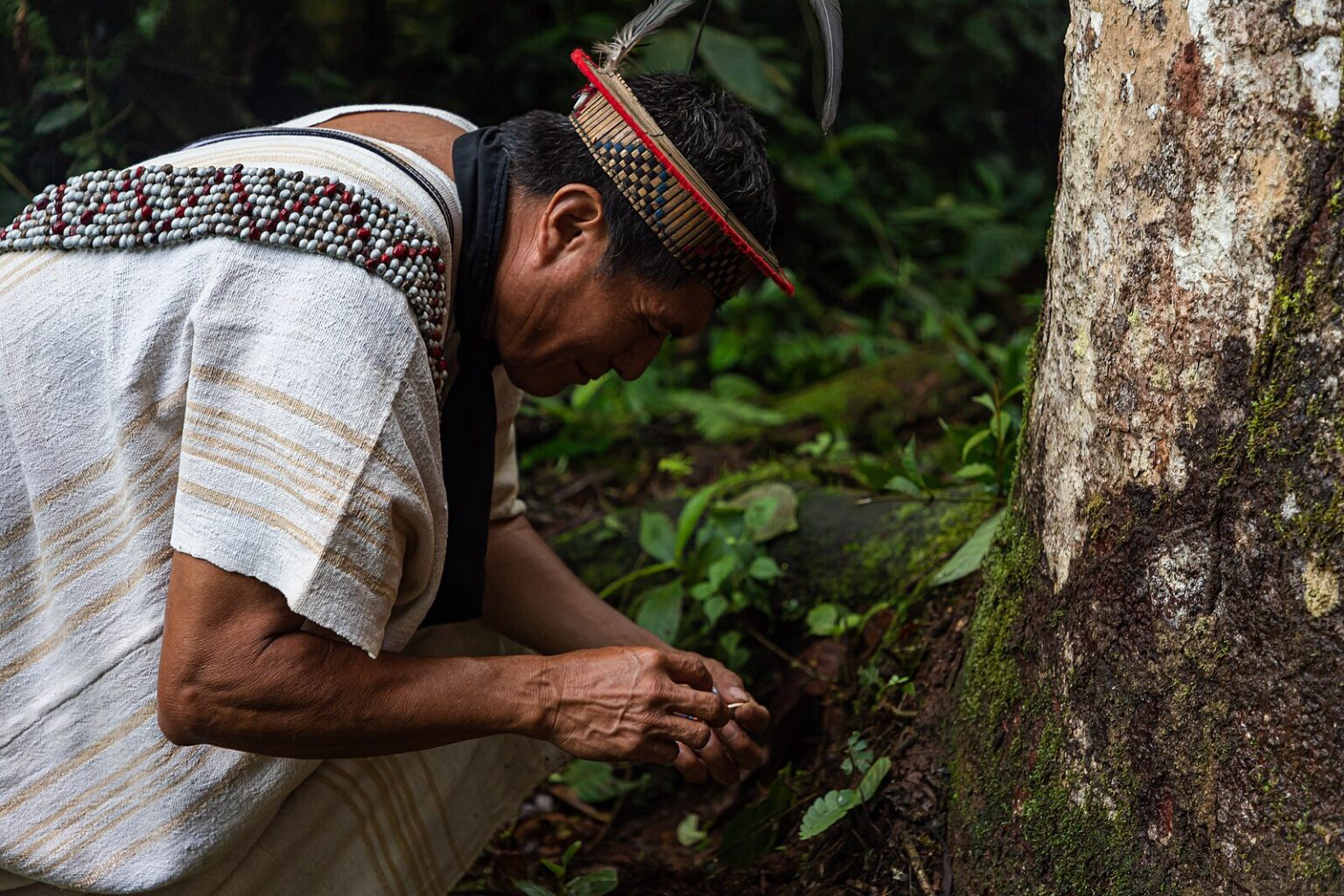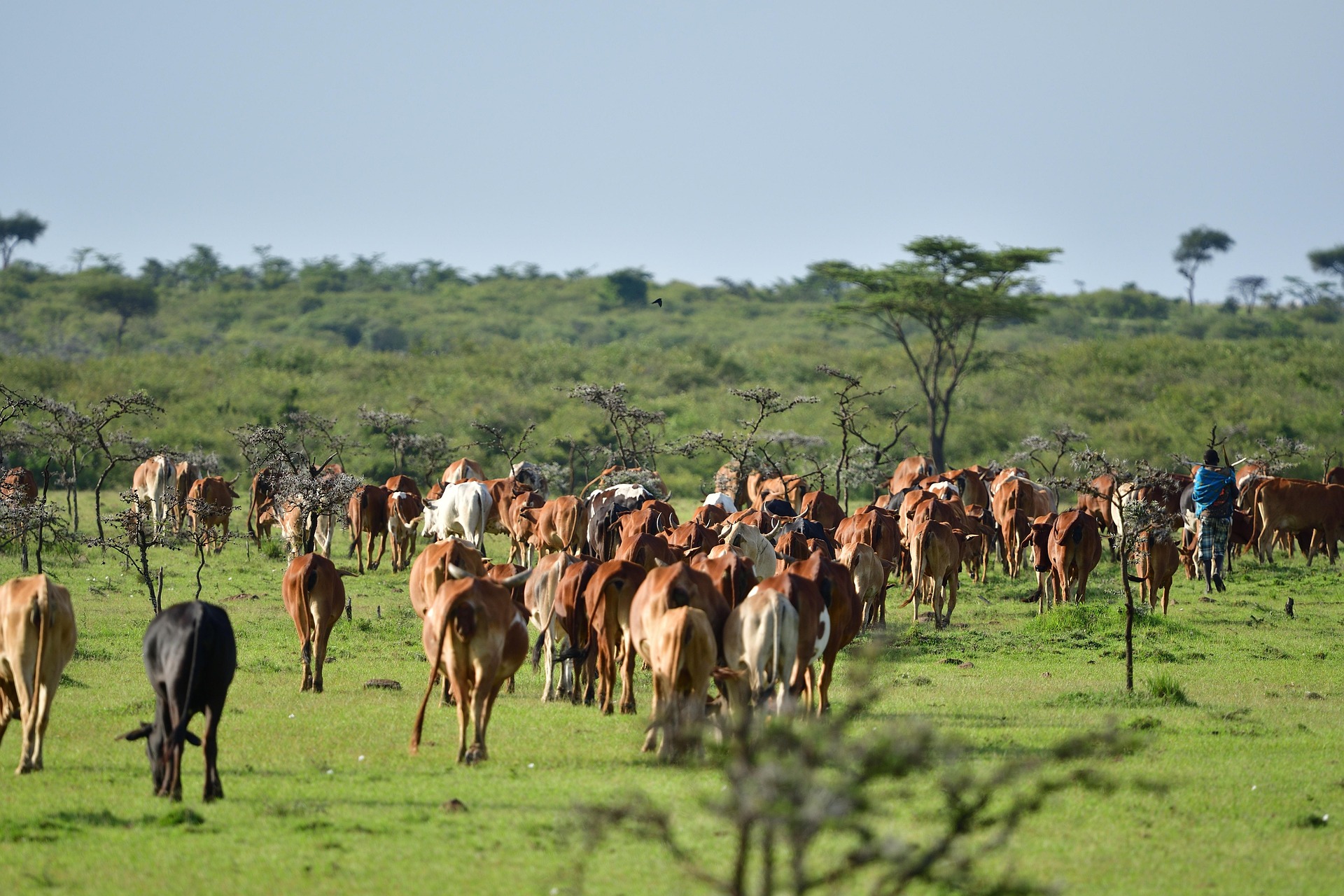IUCN and Suzano invite Brazilian stakeholders to discuss priority actions for species
IUCN recently convened a webinar to share progress and the latest results of the two-year collaboration with Suzano to advance species conservation and operationalise Nature Positive strategies in Brazil.
This workshop forms part of a two-year collaboration between IUCN and Suzano, the largest pulp manufacturer in the world, which manages 1.7 million hectares of land planted with eucalyptus and 1.1 million hectares of conservation areas in Brazil.
The collaboration focuses on testing a practical, scalable framework for companies to contribute to the Kunming-Montreal Global Biodiversity Framework (KM-GBF) through the use of IUCN’s approach and tools, including the Species Threat Abatement and Restoration (STAR) metric. The initiative seeks to demonstrate how business can make measurable contributions to reducing species extinction risk while supporting Brazil’s National Biodiversity Strategy and Action Plan (NBSAP).
The virtual event brought together more than 30 stakeholders from across government, civil society, academia, and the private sector to engage in a dynamic exchange on how the IUCN’s approach and use of the STAR metric can inform meaningful action for species. Participants included representatives from: Universidade Federal de Viçosa, Universidade Federal de Mato Grosso do Sul, ICMBIO, representatives from the Mato Grosso Do Sul, São Paulo, Espirito Santo and Bahia state governments, the Ministry of Environment (MMA), the Centre for Species Survival Brazil, Instituto Manacá, SAVE/Birdlife, Veracel, and Vale.
Participants reviewed and discussed Suzano’s use of the STAR metric across the Amazon, Atlantic Forest, and Cerrado biomes, including threats to address for the priority species, biome-specific conservation actions to implement and synergies with existing conservation initiatives.
Breakout sessions facilitated expert input and cross-sector dialogue, helping to refine the action plans and to identify practical pathways to achieve high-integrity biodiversity outcomes.
It is invigorating to witness this level of mobilisation, where experts from across sectors sit together to co-design practical action plans for species conservation,” said Maria Cecilia Wey de Brito, Chair of the IUCN Brazilian National Committee and Director of Institutional Relations at Instituto Ekos Brasil.“This is what leadership for nature looks like: collaborative, data-driven, and focused on results.”
The feedback from the webinar will inform the next phase of the IUCN-Suzano collaboration and contribute to IUCN’s broader work on Nature Positive, which will be showcased at the IUCN World Conservation Congress in Abu Dhabi in October 2025.
Through this work, IUCN continues to build bridges between the public and private sectors - empowering companies to take ambitious, transparent, and measurable steps towards halting and reversing biodiversity loss.




